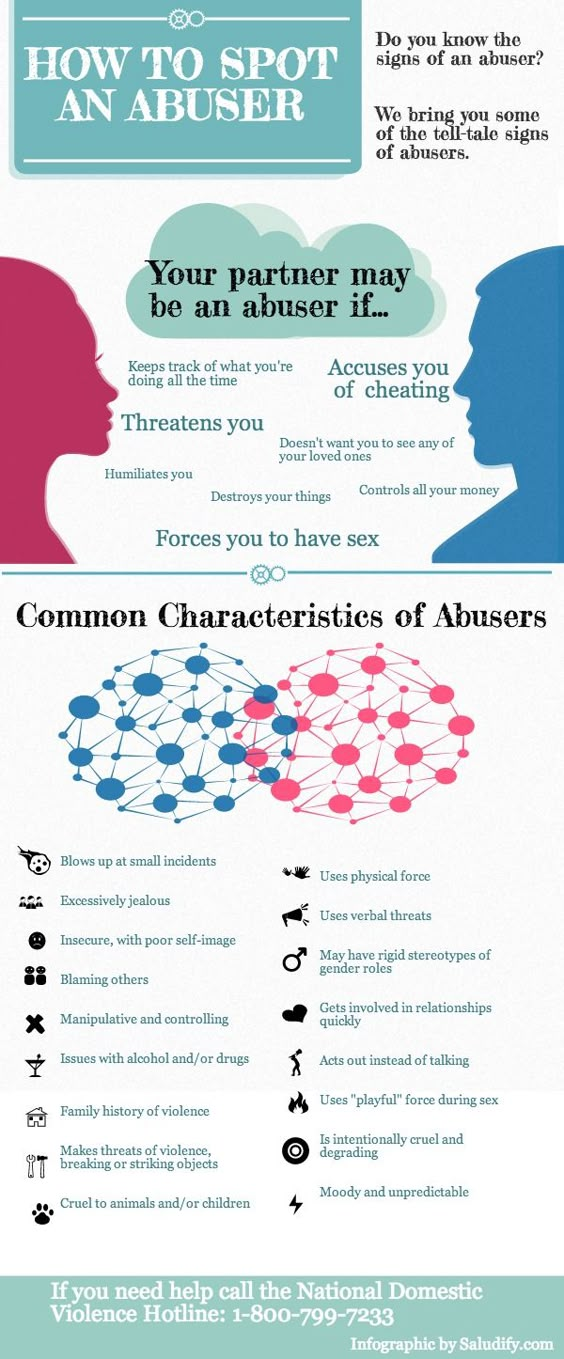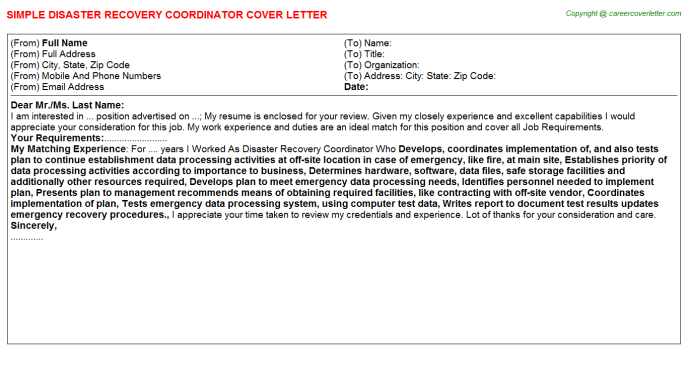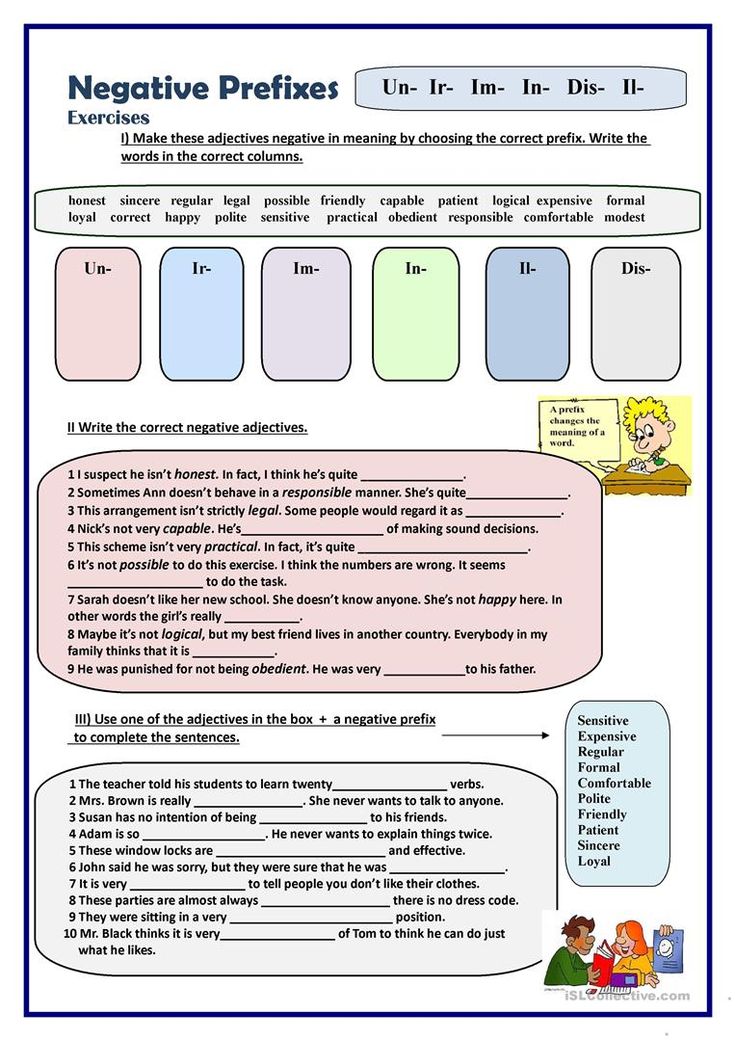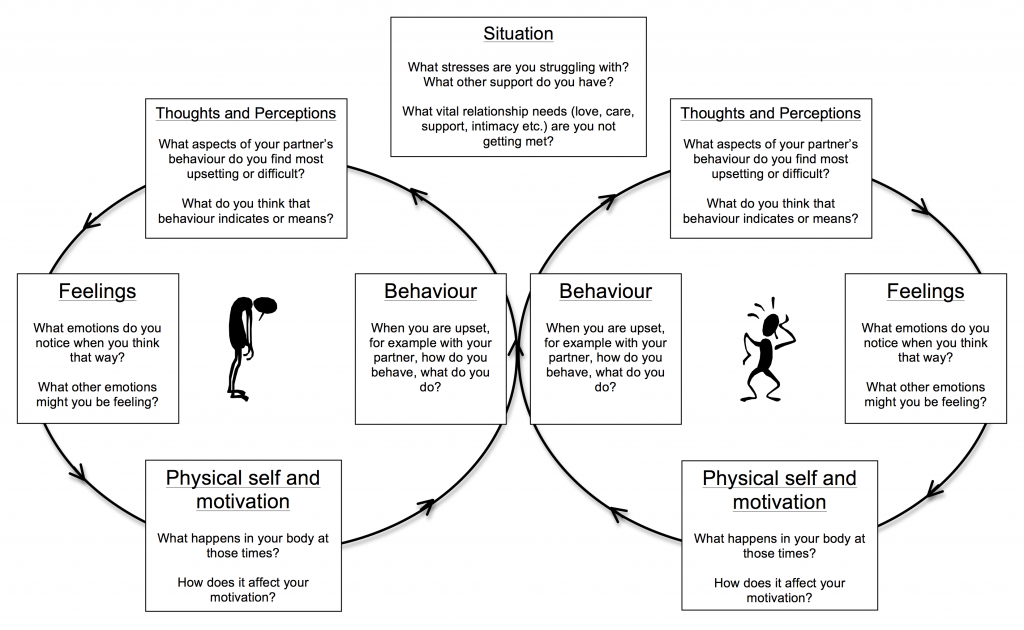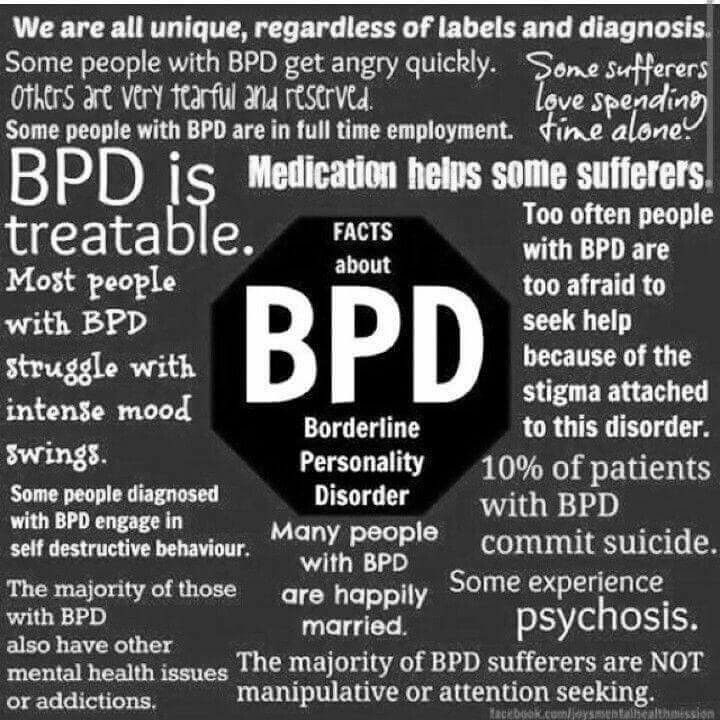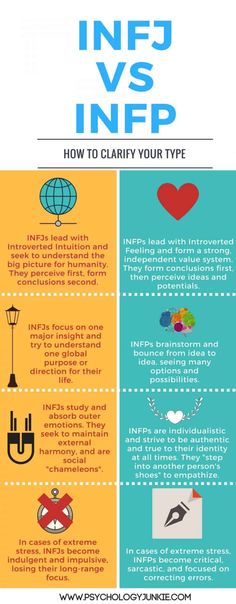Signs of an insecure relationship
Overcome Relationship Insecurity: 5 Steps To Know When It's Time To Leave
Share This Post With Your Friends and Loved Ones
Table of Contents
Have you ever asked yourself, how do I know if my relationship is healthy? How can I overcome my insecurity? Is it time for me to leave my relationship? These are common questions that many people ask themselves when they feel insecure in their relationship. Relationship insecurity can be caused by many different things, but it is often the result of feeling abandoned, neglected, or not good enough.
There are signs that indicate your relationship is unhealthy and you may be feeling insecure for a reason. Let’s discuss common signs of insecurity in a relationship to help you determine if your relationship is healthy or not so you can make the best decision for yourself and your partner.
Signs of Insecurity in a Relationship
There are many different signs that indicate your relationship could be unhealthy and you may be feeling insecure for a reason.
- Your partner is emotionally distant
- You lack trust in your relationship and have a hard time believing what your partner says or does
- Your significant other doesn’t want to be around you even though they previously had always wanted to spend time with you
- Your significant other is often upset or irritable
Your partner often expresses jealousy or controlling behaviors - You constantly need reassurance from your partner
- You frequently find yourself in arguments and fights
- You have low self-esteem or lack of trust in yourself
- You feel isolated or alone
Experiencing signs of relationship insecurity does not always mean your relationship is unhealthy; sometimes you can feel insecure for reasons outside of your relationship that can impact how you feel in your relationship.
If you are experiencing signs of insecurity in your relationship, it’s time to take a serious look at what might be causing these feelings and think about whether you and your significant other can work through them.
Causes of Insecurity in Relationships
Feeling insecure in your relationship can be caused by many different things:
- Childhood Insecurities: Frequently if we do not get all our needs met and develop a secure attachment style as children (and sometimes even adults), it leads us to develop an insecure attachment style in our relationships. People with an insecure attachment style tend to have a harder time trusting their partner, often fearing abandonment and neglect.
- Brain Chemistry: When it comes to feelings of insecurity, there is also science involved. Our brain chemistry can affect our emotions and contribute to the way we feel in a relationship.
- Relationship History: Past relationships or bad breakups might leave you feeling insecure about your current relationship. It can be hard to let go of past hurts and move on from difficult things, especially when it comes to relationships.
- Lack of Self-Esteem: Feeling insecure in your relationship can also be caused by a lack of self-esteem and feeling like you don’t measure up compared to others.
 If you struggle with feelings of inadequacy or not being good enough, this is especially likely to cause insecurity in your relationship.
If you struggle with feelings of inadequacy or not being good enough, this is especially likely to cause insecurity in your relationship. - Fear of Being Alone: If you are afraid of being alone or always want someone by your side, this can cause insecurity in your relationship. If you have a fear of being single and think that there is no one else out there for you but your current partner, then it is likely to lead to feelings of insecurity in the relationship when your partner does not act how you would like them to.
- Toxic Relationships: Toxic relationships can also leave you feeling insecure because the way a toxic partner treats you is likely how you feel about yourself and fear being treated by others as well. If this is going on with your significant other, it’s time to move on from them altogether if you are not able to change the dynamic of the relationship.
Ways to Overcome Insecurity in Your Relationship
If you are coping with insecurity in your relationship, there are ways to work through it and overcome the insecurity.
- Talk about your feelings: This is a huge one. Talk to your partner about what might be causing your insecurity and be honest about how you’re feeling. Chances are they might not even know that their actions or words are impacting you the way they are.
- Get support: Getting outside help or advice from a trusted friend, family member, or therapist can also help you work through your feelings of insecurity and overcome them. If you feel like there is no one to turn to, don’t worry- there are a lot of ways you can work towards feeling more secure with a little bit of effort.
- Challenge your thoughts: If you’re struggling with negative or irrational thoughts about yourself and your relationship, it can be helpful to challenge them. When you catch yourself thinking these thoughts, ask yourself if they are true and whether there is evidence to back them up. Even taking time to write these things down can help you sort through your thoughts and feelings in a healthy way.
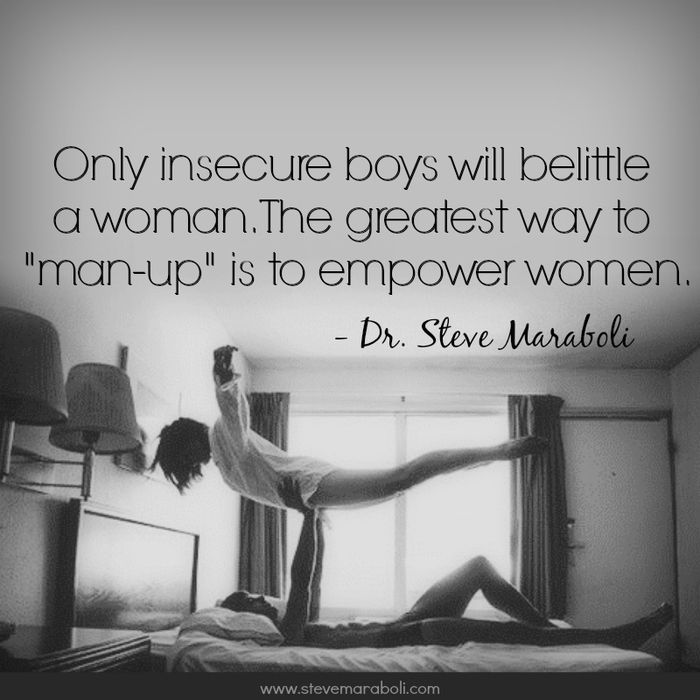 Often, our insecure thoughts are just that- thoughts, and not reality.
Often, our insecure thoughts are just that- thoughts, and not reality. - Make time for yourself: It’s important to have some “you” time to maintain your sense of self and independence. If you’re always focused on your relationship, it can be hard to remember that you are an individual too. Make sure to schedule some time each week for things that make you happy- whether that’s reading, going for a run, or spending time with friends.
- Focus on the good: It can be easy to get wrapped up in all the negative things happening in your relationship, but try to focus on the good too. Remind yourself of why you fell in love with your partner in the first place and what you like about them. This can help boost your confidence and overcome feelings of insecurity.
There is no one-size-fits-all answer when it comes to dealing with relationship insecurity, the best thing you can do is focus on any internal issues that you might be dealing with and take steps to overcome them. With a little effort, you can feel more confident and secure in your relationship!
With a little effort, you can feel more confident and secure in your relationship!
How to Know When It's Time to Break Up With Someone Who Makes You Feel Insecure
If you’re feeling insecure in your relationship and none of the tips listed above seem to be helping, it might be time to reconsider your relationship status. If you are constantly feeling anxious or down because of your partner, it’s likely not a healthy relationship for you. Other signs that it might be time to break up with someone include:
- They put you down or make fun of you in front of other people.
- You’re not comfortable enough to talk to them about the things that are bothering you, and they don’t seem interested in working on your relationship either.
- They make you feel like your concerns aren’t valid or important.
- They don’t respect your time or personal space.
You don’t feel like yourself when you’re around them. - You’ve noticed signs of emotional abuse such as gaslighting or invalidation.
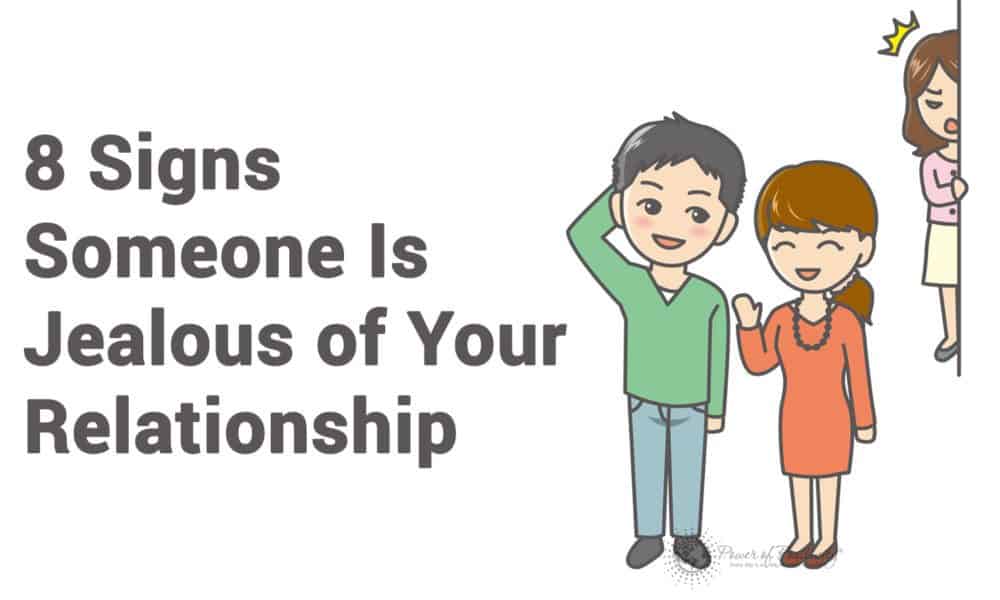
If any of these signs sound familiar, it might be time to break up with someone who makes you feel insecure and find someone else who is more supportive! It’s never easy to decide to end a relationship, but if the negatives outweigh the benefits (and there are no signs of improvement), this might be your best choice.
If your partner is causing insecurity in your relationship through their actions, it’s important to take a step back and reevaluate. If they are unwilling to work with you when you express feelings of anxiety or fear towards certain aspects of your relationship, it might be time to end things.
Tips For Couples Who Are Struggling With Feelings of Insecurity And Want The Best For Their Relationship
If you and your partner are willing to work through feelings of insecurity, here are some tips to help you along the way:
- Set boundaries for your relationship: It’s important to establish clear communication about what you are comfortable with in terms of physical touch, spending time together, and general communication.

- Prioritize alone time: Make sure that each partner has enough space away from the other. This will help them maintain a healthy sense of individuality while also feeling secure when they’re around one another!
- Identify what triggers you: If certain things always seem to make you feel insecure, try to identify them. This can help you to know what to avoid or how to deal with your feelings when they come up.
- Talk about your fears: If you’re feeling scared or anxious, talk to your partner about it! It might help to see their reaction and know that they are supportive of you.
- Don’t bottle up your feelings: This will only lead to more resentment and frustration down the road.
- Talk about what’s going on in your relationship: this will help both you and your partner feel closer to one another!
- Be positive: It can be really helpful to focus on the good things in your relationship, rather than only the negative.

Need Someone to Talk to About Relationship Insecurity?
We understand, trying to navigate these feelings can be tough. If you need someone to talk to about relationship insecurity, our counselors are here for you! You don’t have to go through this alone.
At Makin Wellness, we offer therapy and counseling services to get you on the right path to healing. To learn more about how we can help you, start your healing journey now!
Sara Makin MSEd, LPC, NCC
All articles are written in conjunction with the Makin Wellness Research Team.
Not subscribed yet? Now's your chance. Sign up for tips on how to manage and improve relationships, stress, and mental health.
Join the wellness community!
Join our newsletter
Mental health advice & news delivered to your email
Please enable JavaScript in your browser to complete this form.Email *
#healing happens here
Get started with Pennsylvania’s highest-rated team of specialized, professional, and accredited online therapists that can support you with a wide range of issues, including anxiety, depression, stress, grief, trauma, and more.
*Disclaimer: We cannot guarantee you will be matched with a therapist of your choice within 24 hours, but we will do our very best to match all requests as quickly as possible.
Most Visited Pages
Patient Portal
Other Useful Links
Contact Information
- (833)-274-HEAL
- [email protected]
- 239 Fourth Ave #1801, Pittsburgh, PA 15222
- Monday-Friday 7am-7pm
Facebook-f Twitter Instagram Youtube
- Florida
- South Carolina
© Makin Wellness 2022 all rights reserved
6 Signs of Insecurity in a Relationship
Photo by Alice Donovan Rouse on Unsplash
Have you ever experienced insecurity in a relationship and wondered if that meant that your significant other was not the right person for you? Those with a secure attachment style in relationships usually have fewer problems, are often happier, and are usually better at supporting their partner, so this made us wonder: Can you actually teach yourself to stop being insecure in your relationship—and if so, how?
Keep reading to learn six signs you may have insecurity in your relationship and expert-approved tips and tricks to combat each issue from Alysha Jeney.
Meet the Expert
Alysha Jeney, MA, LMFT is a millennial attachment-based relationship therapist and the owner of Modern Love Counseling in Denver, CO. Jeney is also a co-founder and relationship expert at Modern Love Box, a subscription box meant to inspire the modern relationship.
Where Insecurity Comes From
Insecurity fuels a lack of emotional confidence and security, which can lead to major issues in a relationship. It's also worth noting that this is not the same thing as a lack of trust. "You may have all the trust in the world that your partner isn't going to cheat on you but still feel insecure," says Jeney. Our core insecurities, she adds, often stem from attachment wounds, which is a way to describe any time there was a significant relationship that has ruptured our trust in the past. "This can create defensiveness that pushes people away and robs us of the opportunity of ever letting anyone truly in," she explains.
This is where being insecure in your relationship and wondering whether you're with the right person comes in. "You can be insecure in your relationship and absolutely be with the right person," Jeney explains. "You may just be self-sabotaging because you are afraid to let anyone in too closely." When this happens, it can be because of the fact that you're not aware of (or just don't know how to handle) your insecurities, projections, assumption, attachment style, and behaviors. Jeney says if you find you're insecure, she'd suggest counseling as well as self-awareness work to determine if it's coming from external sources or you are just in an incompatible relationship.
"You can be insecure in your relationship and absolutely be with the right person," Jeney explains. "You may just be self-sabotaging because you are afraid to let anyone in too closely." When this happens, it can be because of the fact that you're not aware of (or just don't know how to handle) your insecurities, projections, assumption, attachment style, and behaviors. Jeney says if you find you're insecure, she'd suggest counseling as well as self-awareness work to determine if it's coming from external sources or you are just in an incompatible relationship.
Ahead, the six signs you are insecure in your relationship—and what to do about it.
01 of 06
You Don't Trust Easily
Sign: You doubt every little thing, you stalk social media sites, you snoop on your partner, or you feel threatened easily.
Action to Take: Practice mindfulness and journal about when you feel this way. "Can you challenge your thoughts and look at a scenario giving your partner the benefit of the doubt?" asks Jeney.
The Why: "It helps you challenge your negative thought patterns and helps you become more aware of where your feelings are coming from. You will learn how to better cope with reactions and thoughts rather than projecting them onto your partner and then laser focusing on something potentially superficial and irrelevant," she says.
02 of 06
You Struggle With Intimacy
Sign: You struggle with feeling close sexually or emotionally (or both). You can feel your guard up during intimate moments.
Action to Take: You need to first understand intimacy and what it means to you and your partner. Ask yourself whether you and your partner experience closeness and intimacy in the same way. Then work on where your guards come from—society's expectations, insecurities, past abuse, and/or fears.
The Why: "It will help you communicate with your partner so you can both be on the same page. Be patient with each other and understand your differences," Jeney says.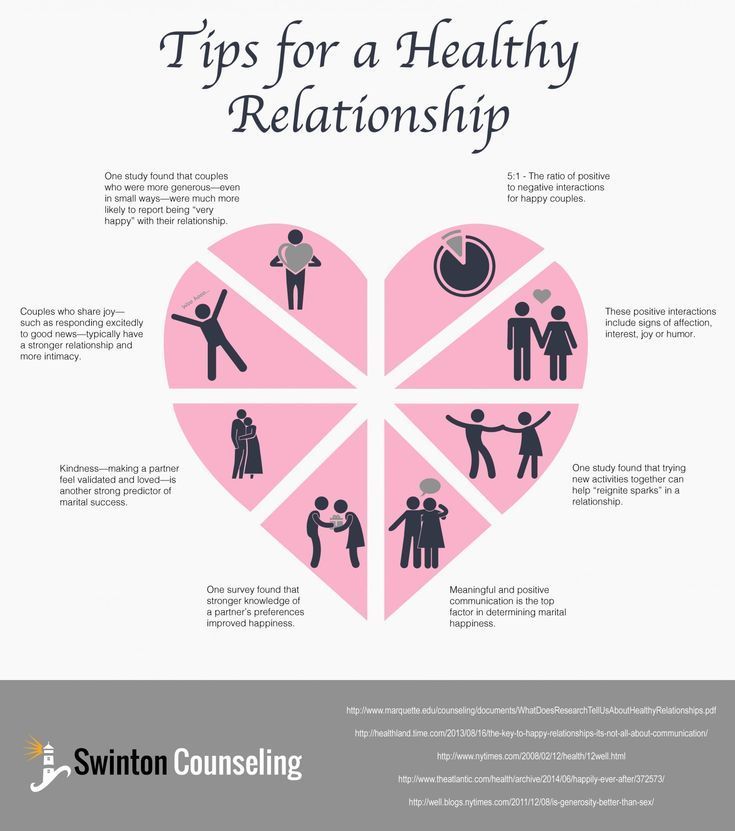
03 of 06
You Become Panicked Easily
Sign: During a conflict, you panic that your partner will leave, will reject you, or may judge you.
Action to Take: Identify the first time you felt this sense of panic and pinpoint it to an event to see how it's playing a role in your current situation. What did you need to hear then, and what do you need to hear now? If it's the same, try telling yourself that message when you start to feel triggered again.
The Why: "It gives you permission to feel how you feel, which is actually validating and soothing," Jeney says. "It also gives you insight into past patterns and influences which can help you see things from a different perspective so you can de-escalate the panic and communicate more rationally."
04 of 06
You Easily Feel Attacked
Sign: You feel immediately offended, hurt, or shut down by something your partner asks of you. You instantly feel criticized and want to defend yourself by arguing or by shutting down completely.
You instantly feel criticized and want to defend yourself by arguing or by shutting down completely.
Action to Take: Ask yourself these questions:
- "How many of my thoughts are assumptions?"
- "What did my partner actually say?"
- "Can there be a possibility I'm internalizing this scenario and making it something it's not?"
The Why: "It helps you challenge your thoughts and look at the scenario from an objective lens. You're able to understand what your partner is trying to communicate without the hyper-emotion," says Jeney.
05 of 06
You Create Mountains Over Molehills
Sign: You pick fights and make them extreme issues, you use hurtful or definitive words, and create huge arguments around something that isn't very big once you've taken a step back.
Action to Take: Reflect on three to five fights you've had in the past and look at them objectively.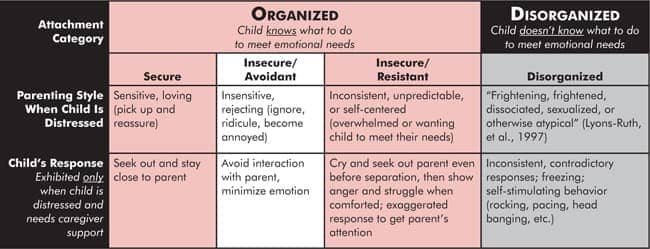 Ask yourself what was underneath the content you were arguing about and try to identify patterns.
Ask yourself what was underneath the content you were arguing about and try to identify patterns.
The Why: "You may be able to identify internal patterns you weren't aware of. Maybe you are making bigger arguments out of smaller details because you never felt a big issue was repaired fully; maybe you struggle with allowing yourself to feel truly close to someone so you're sabotaging happiness; maybe you have needs that aren't being met in your relationship but it's easier to fight about the laundry or who they added on Instagram rather than directly address them."
06 of 06
You Don't Accept Yourself
Sign: You struggle when it comes to giving yourself permission to just be you, you judge yourself often and hold yourself to high standards.
Action to Take: Work on yourself so you don't fall into a trap of co-dependency and never allow your authentic self to grow. Go to counseling, read books, practice your spiritual or soulful work.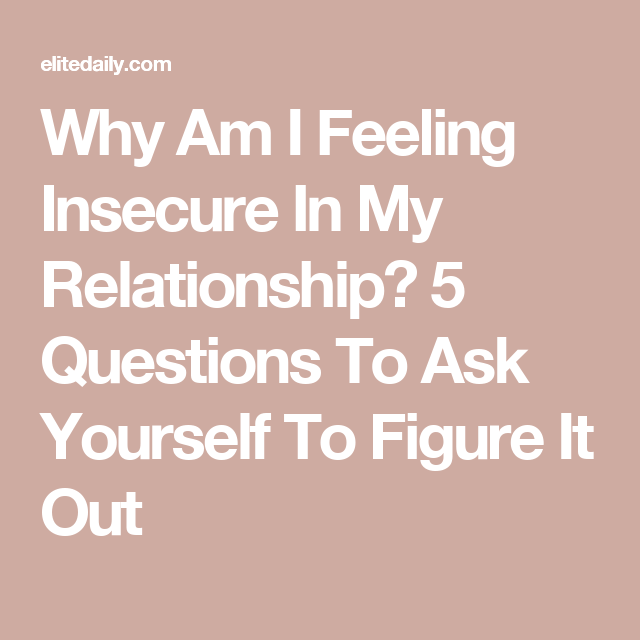 Look at how your past has influenced your present, and give yourself permission to work through it. Most importantly, give yourself grace and love.
Look at how your past has influenced your present, and give yourself permission to work through it. Most importantly, give yourself grace and love.
The Why: "You learn not to rely on others in an unhealthy way to 'fix or soothe' your perceived issues. You will get the emotional confidence and empowerment to show up authentically. It also helps you to identify triggers and subconscious influences so you can soothe, repair, or avoid them in the future."
8 Signs of an Emotionally Unavailable Partner
12 signs of an unhealthy and painful relationship
March 2, 2017 Relationship
An unhealthy relationship in a couple is sometimes difficult to recognize, since the damage is not immediately evident. However, they are slowly poisoning life. There are several ways to distinguish healthy relationships from destructive ones.
Signs of an unhealthy relationship
1. Your partner is constantly competing with you
For some inexplicable reason, your companion constantly compares himself to you and wants to show that he is better and cooler in everything.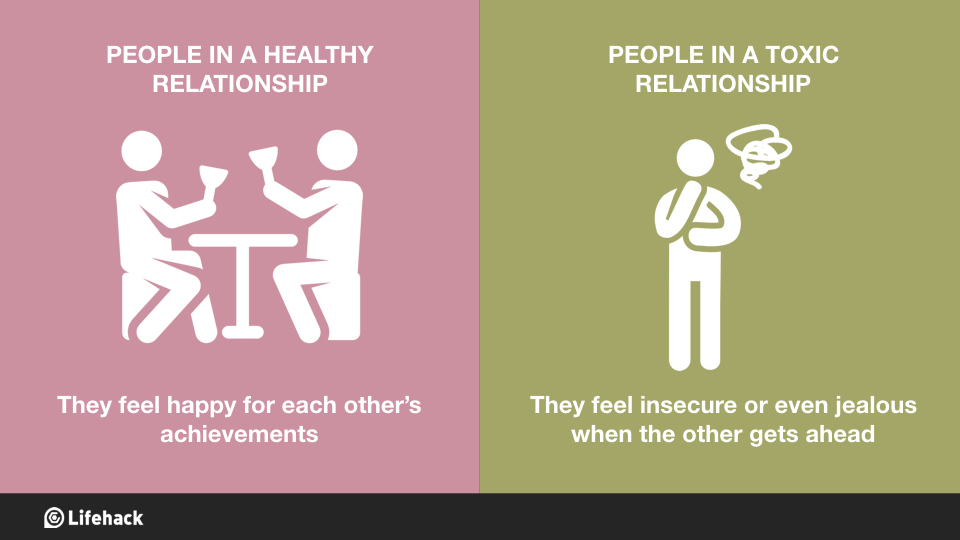 Often such a demonstration takes place in public, and every word you say becomes a hook for a fierce argument. Your partner uses every opportunity to assert themselves at your expense and devalue your achievements. nine0003
Often such a demonstration takes place in public, and every word you say becomes a hook for a fierce argument. Your partner uses every opportunity to assert themselves at your expense and devalue your achievements. nine0003
In a healthy relationship, both partners improve themselves and develop harmoniously. In an unhealthy relationship, you are perceived as a rival who must be defeated in any way in order to get the palm.
2. You feel as if all your energy has been sucked out of you.
Relationships affect our health and well-being. If you've been sleeping less, lost or gained weight, and are constantly feeling like a squeezed lemon, you may have an energy vampire near you. nine0003
Such people feed on the energy of other people and rejoice every time they take away other people's strength. In such relationships, you physically lack the resources, strength and desire to do something. Apathy covers you, and your own failure and depression come to the fore.
3.
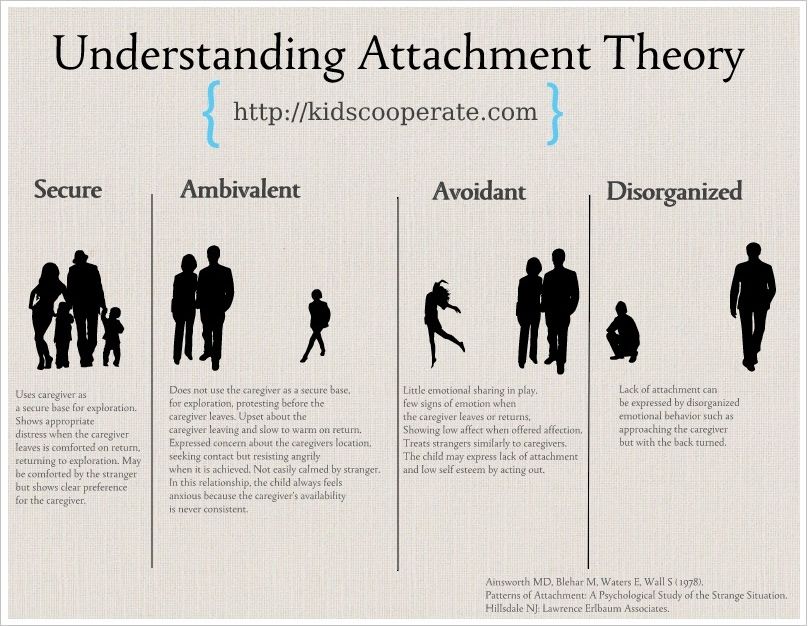 You are always to blame for all mortal sins
You are always to blame for all mortal sins In an unhealthy relationship, the partner does not see the causes of problems and failures in his actions and is always inclined to transfer the blame to others, especially to you. You find yourself to blame for everything, including his mistakes and things beyond your control. nine0003
Your only task is to take the hit and not to piss off your partner, preventing his more frequent outbursts of anger. Sometimes you want to run away from it and stay away from your companion.
4. They constantly want to change and improve you
Do not forget that a mature and strong relationship is based on accepting a partner for who he is. In unhealthy relationships, you are compared to others, while you are openly told or politely hinted that you would do well to change something in yourself in order to become better. nine0003
Perhaps you should lose or gain weight, cut or grow your hair, change your image or throw away half of your wardrobe. You always lack something in order for your partner to be completely satisfied with you.
You always lack something in order for your partner to be completely satisfied with you.
5. Partner speaks only about himself
Your companion is not able to sympathize and empathize with others. These people have problems with emotional intelligence and empathy. The partner is not able to put himself in the place of another person, and he does not set himself such a task, because he considers himself the center of the Universe. Does he talk about himself all the time? It seems that next to you is an exemplary narcissist. nine0003
Narcissists are so carried away and self-absorbed that they do not notice what is happening around them at all. As a rule, such people talk a lot about themselves and often interrupt others, do not ask any questions and, in principle, do not know how to listen. The needs, desires and feelings of such a person always turn out to be more important than yours, since in their picture of the world everything should revolve around their person.
6. All your actions are criticized
Everything you do or say is a priori bad. No matter how hard you try, your companion will always find a reason to find fault and criticize you and your thoughts. The cooked omelette will be too salty, and the dress too short. nine0003
You will always be wrong. There is no point in making excuses or proving the opposite — all the same, there will be new reasons for dissatisfaction. No evidence and arguments will help - such a person hears only himself.
7. Partner controls all your actions
Your companion is literally obsessed with the desire to subdue your whole life. He certainly needs to know where and with whom you are, what you eat and what you are wearing now. Even if you meet with pregnant girlfriends, they will definitely call you and offer to pick up early. nine0003
Sometimes such control can be mistaken for care, but in fact your partner felt like the master of your life. People who are in healthy and harmonious relationships understand that having their own life and hobbies outside of the relationship is normal and even beneficial for the couple.
8. You are jealous of everyone and everything
Sometimes jealousy is a pleasant feeling. We are all a little flattered that someone else likes us, and we are jealous (which means they love us). But the main thing in everything is the measure. Some people turn into real tyrants, try to completely subjugate their soulmate and perceive it as property. Sometimes it comes to public humiliation with a showdown. nine0003
The partner does not trust you, reads all your messages and makes scandals because of harmless Facebook conversations*. Jealous people see treason in everything and can easily lead to hysteria with their questions. Goofy, terrorizing jealousy inevitably destroys your self-esteem, you begin to fear the wrath of your partner.
9. Partner is constantly offended
Your life is not without drama, and all your actions offend your partner to tears: he pouts, leaves, clearly shows how badly you did, and demonstrates how much you hurt his feelings.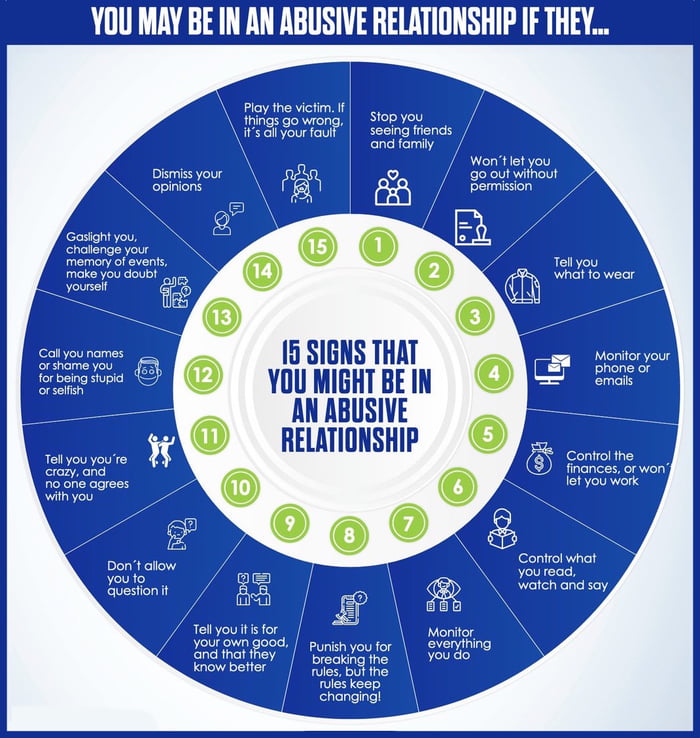 After this, you feel like a bad person, a cruel monster, and your companion enjoys the scandal. nine0003
After this, you feel like a bad person, a cruel monster, and your companion enjoys the scandal. nine0003
Any attempt to talk ends with a new insult and an accusation of misunderstanding and lack of emotional intelligence. It is possible that your partner is deliberately using this tactic to manipulate your guilt.
10. Partner has not learned to speak your love language
Often people misunderstand the needs of a partner. At first, there is nothing to worry about: you can make up for everything if you want. It is possible and necessary to learn to speak the same language of love. Problems arise if for a long time the partner has not understood what you like and what you really need in love, and not him. nine0003
Psychologists identify five love languages: words of encouragement, time, gifts, help, touch. We all need something different from each other. It is important to understand what language of love your companion speaks. Imagine that your love language is time.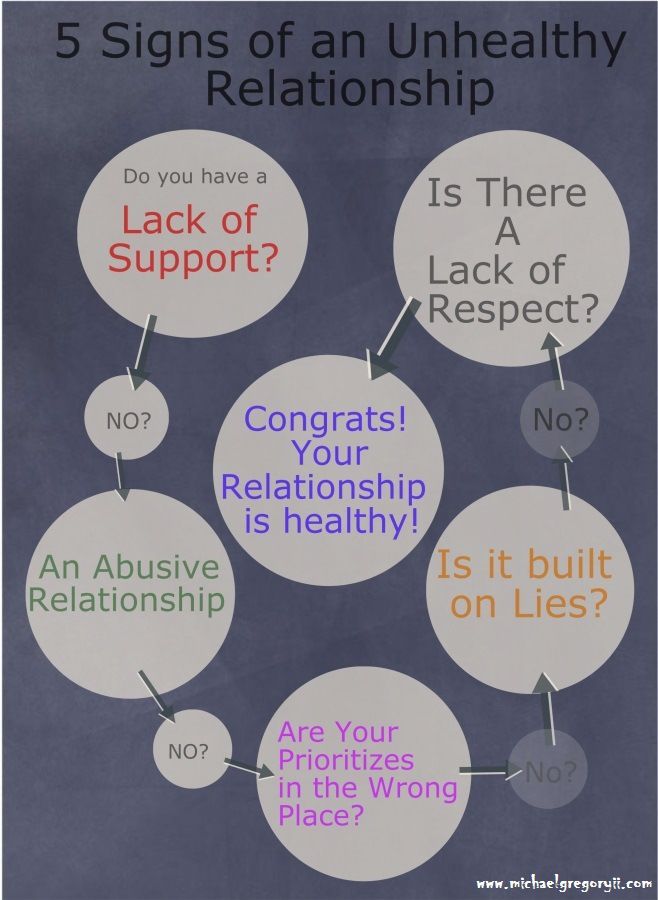 It is sad if the partner does not understand this and tries to atone for his absence in your life with gifts.
It is sad if the partner does not understand this and tries to atone for his absence in your life with gifts.
11. Your biorhythms are too different
You still couldn't find a common language and agree on the best time to go to bed and what time to get up. Your partner lives while you sleep, and vice versa. As a result, you get upset and worried when your companion has been playing computer games all night, but slept through your only day off. nine0003
In a healthy relationship, it is possible to find a balance and change habits so that both feel comfortable. In an unhealthy relationship, this becomes a cause for mutual frustration.
12. You stopped having sex
It's hard to argue with human nature: physical intimacy and regular sexual life are a necessary attribute of a healthy and strong relationship.
If there is no intimacy in your relationship and tactile contact is reduced to a minimum, this indicates serious problems in the couple's life.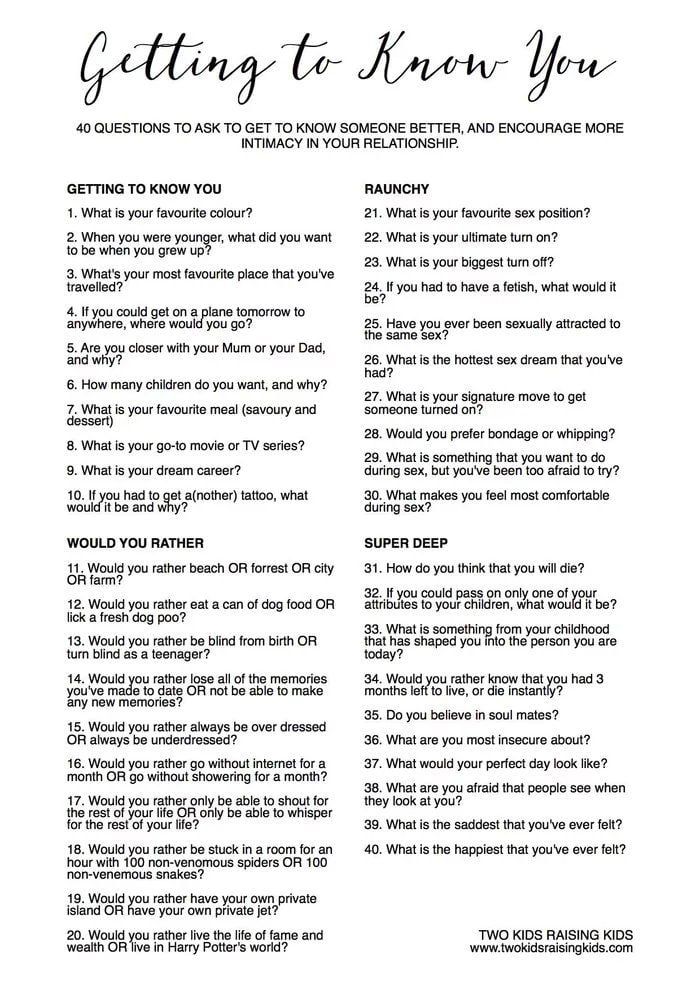 nine0003
nine0003
What to do if you see these signs in your relationship
At least this is a reason to think and sound the alarm. Recognizing a problem is the first step towards solving it. If you want your partner to behave differently, talk heart to heart with him and voice the problem. Communication is necessary to resolve conflicts in a relationship.
Remember that changing people without their initiative is "a pointless exercise." If a person wants to change himself and find a way out of the situation together, these relationships still have a chance. Otherwise, it is better to end the painful relationship and give yourself time to recover. nine0003
*Activities of Meta Platforms Inc. and its social networks Facebook and Instagram are prohibited in the territory of the Russian Federation.
10 signs of an emotionally unstable man, from whom it is better to stay away incapable of a healthy and strong relationship?
But what is clear to an expert at first glance may not be clear to a girl who is tired of loneliness and fascinated by beautiful courtship.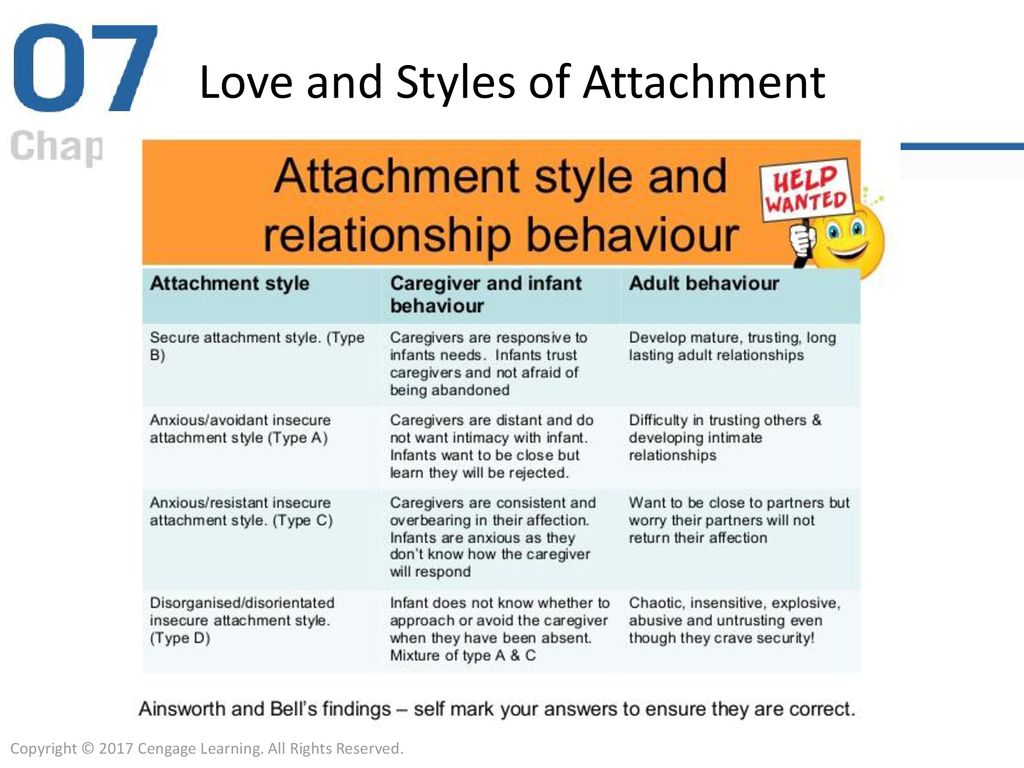 How to recognize emotional instability in someone who claims to be your boyfriend? nine0003
How to recognize emotional instability in someone who claims to be your boyfriend? nine0003
- Photo
- Getty Images
When choosing a life partner (and friends too), it is better not to brush aside certain behavioral patterns observed in a new acquaintance. A partner who is prone to drama can have many wonderful traits, but being with them is guaranteed to be soul-wrenching—whether you're ready for this depends on your inner balance and patience. Perhaps your nervous system has already been shaken by a bad love experience and you do not need extreme mood swings of someone who is nearby, but a safe haven where you could recover. This does not mean that you should immediately reject candidates with the set of qualities listed below, but if you catch similar signals, it is definitely worth considering. nine0003
1. He makes angry, pretentious statements
Those very ostentatious indignations to which the reaction flashes in your head: “Is he serious?!”.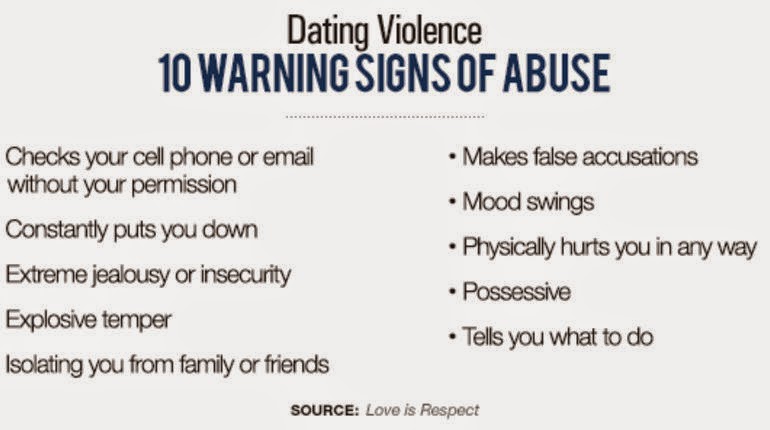 For example, he failed to promote his project at work and now he hides his boss non-stop, promising to quit tomorrow. Or he quarreled with his brother, and now he regularly declares out loud that he will never shake hands with him again, while being sure that he himself is not at all to blame. He reacts sharply to minor grievances and is inadequately angry at everyday situations when something does not meet his expectations: for example, he was served a salad with the wrong dressing in a restaurant (“Call the administrator!”) Or you checked into the hotel at the time of check-in, and the room not ready (“I have the right to demand my money back!”). nine0003
For example, he failed to promote his project at work and now he hides his boss non-stop, promising to quit tomorrow. Or he quarreled with his brother, and now he regularly declares out loud that he will never shake hands with him again, while being sure that he himself is not at all to blame. He reacts sharply to minor grievances and is inadequately angry at everyday situations when something does not meet his expectations: for example, he was served a salad with the wrong dressing in a restaurant (“Call the administrator!”) Or you checked into the hotel at the time of check-in, and the room not ready (“I have the right to demand my money back!”). nine0003
2. It is difficult for him to keep deadlines and promises
If a person regularly fulfills his obligations, this is a positive sign of emotional stability, if on the contrary, expect problems. You will soon realize that it is quite unbearable when your boyfriend is late everywhere and forgets to do what he promised. For the same reason, he gets into constant trouble at work, and he also likes to complain about his health - a habit that helps to make excuses.
3. He grew up in a difficult family
Of course, judging a person by his family is too superficial, but if he did not have loving and reliable parents, then there is a high probability that he could not develop these skills on his own. In addition, there is a genetic element in the temperament of each of us, and therefore children of emotionally unbalanced parents are more likely to become the same. If you do not like to take risks, consider this factor. If you're willing to take risks, go for it. May the force be with you.
- Photo
- Getty Images
4. He doesn't know how to sympathize
When you share an experience with him - not necessarily a negative one, it can be excitement about a new play - you rightly expect a response. At least in simple words, like "cool!" or "that sucks." If a guy has ignored your emotions once or twice, that's okay, but if he's chronically incapable of empathy, you're going to have a hard time.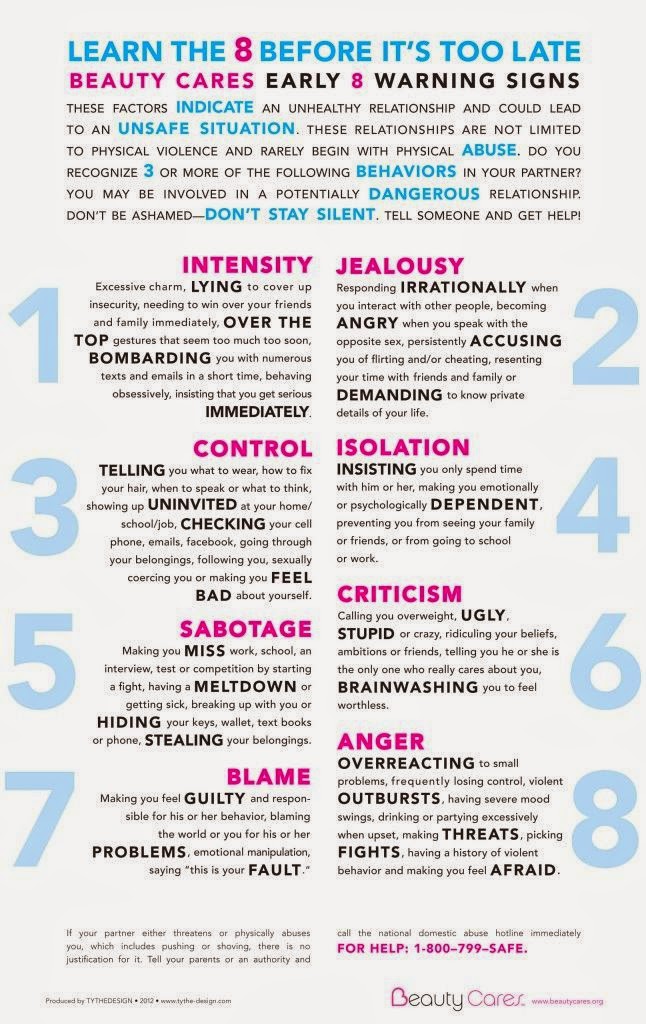 The most disgusting option is when, having barely finished listening to you with a boring face, he changes the subject and starts talking about himself. nine0003
The most disgusting option is when, having barely finished listening to you with a boring face, he changes the subject and starts talking about himself. nine0003
5. He always tries to outperform others
At least in words. For example, you say that you have wild stress at work, and he claims that his office is a complete disaster. Or you tell how a dolphin was seen in the Maldives last year, and he says: “Oh, my friend’s yacht once caught up with a whole flock!”. Or you decide to tell about your dream, and he: “Ha, what is this, but I want to…” Such a response model can be summarized by the dialogue: “I have a terrible headache! “And I actually have a brain tumor!” The most interesting thing is that by making such statements, he is sure that he pretends to pay attention to your words. Oh well. nine0003
6. He easily forgets what he owes
In particular, he has a memory like a fish when it comes to what should be given to him. For example, colleagues from the whole office chipped in for a picnic, and a person with limited emotional skills can easily “forget” to deposit money into the general cash register.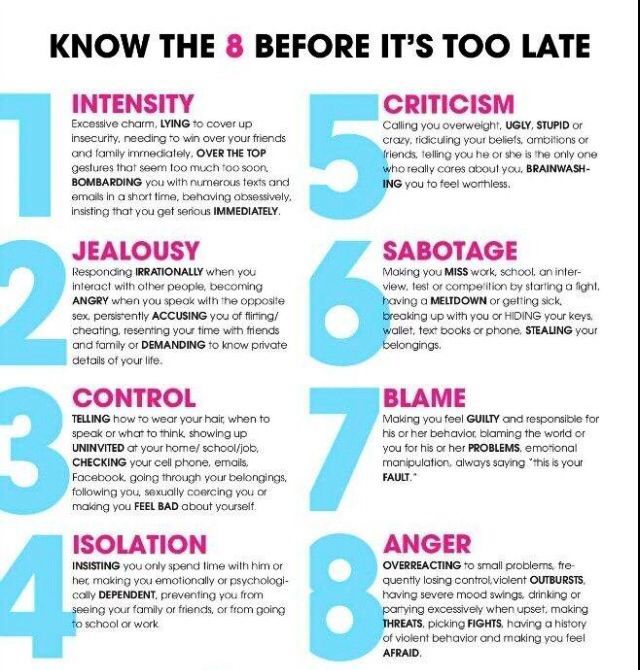 As well as "playing" someone else's umbrella ("Oh, is that yours? I thought I bought it in July!") Or buried in the phone while friends in a restaurant pull out their wallets to pay for dinner. The reasons for this behavior are directly related to point 4.
As well as "playing" someone else's umbrella ("Oh, is that yours? I thought I bought it in July!") Or buried in the phone while friends in a restaurant pull out their wallets to pay for dinner. The reasons for this behavior are directly related to point 4.
7. He is incapable of admitting wrong
Instead of admitting guilt, he will lie, make excuses, blame others and circumstances. In addition, he is afraid of any criticism or minor rejection. People who are prone to rumination (“thinking gum” - constantly thinking about the same negative thoughts) and mood swings avoid experiences, although they are an integral part of our lives. In fact, he has difficulties with self-esteem, but he does not like it when he is once again forced to doubt himself. nine0003
- Photo
- Getty Images
8. He avoids problems instead of solving them. Or he suddenly changes his phone number because he overdue the mortgage and does not want to start a showdown with the bank.
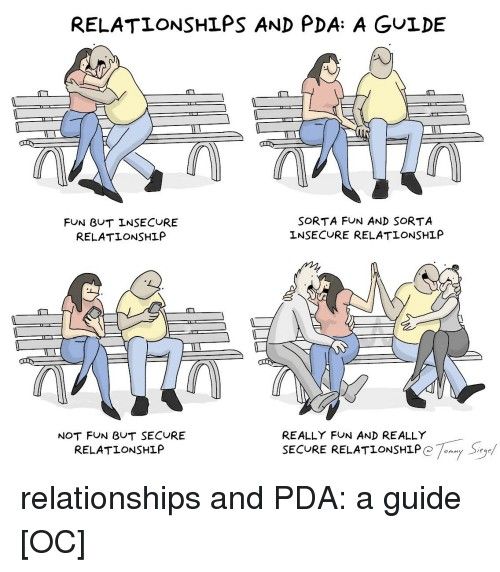 It is difficult for an emotionally unstable person to make a decision and build work on a problem. Experts will say that the reason is hidden in the trauma (traumas) experienced, with the psychological consequences of which he did not cope, and therefore he is haunted by chaotic situations. Sounds complicated, but not exciting. nine0003
It is difficult for an emotionally unstable person to make a decision and build work on a problem. Experts will say that the reason is hidden in the trauma (traumas) experienced, with the psychological consequences of which he did not cope, and therefore he is haunted by chaotic situations. Sounds complicated, but not exciting. nine0003 9. He does not perceive the point of view of others
The ability to respect the opinions of others reflects a balanced emotional state. If you can understand why a certain principle or phenomenon is of great importance for another person, even if it is not so for you, you will respond to the words of the interlocutor with understanding, and not with irritation, anger and indignation. People who are not able to accept someone else's point of view are usually not shy about feigning disappointment, rolling their eyes and starting a phrase with combinations of “Well, no ...” or simply “No.” Note. nine0003
10. He looks tense
This can manifest itself in many ways.